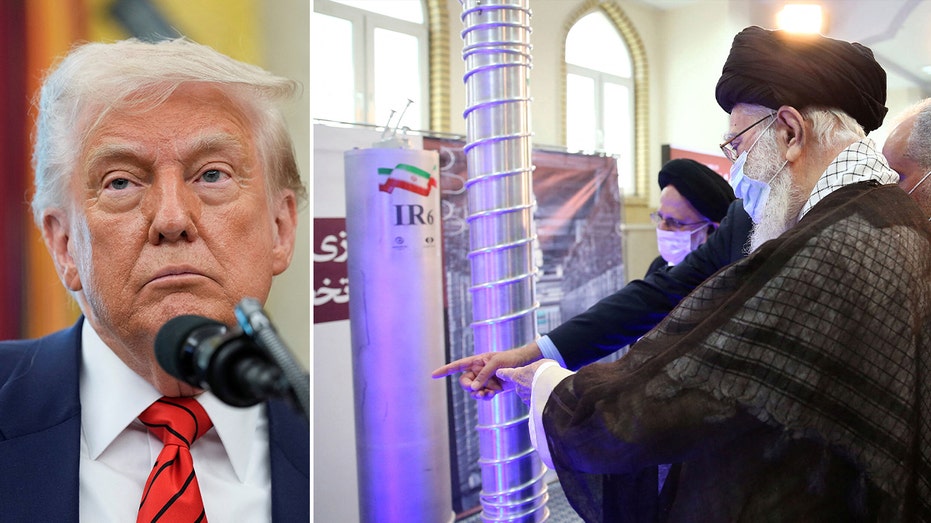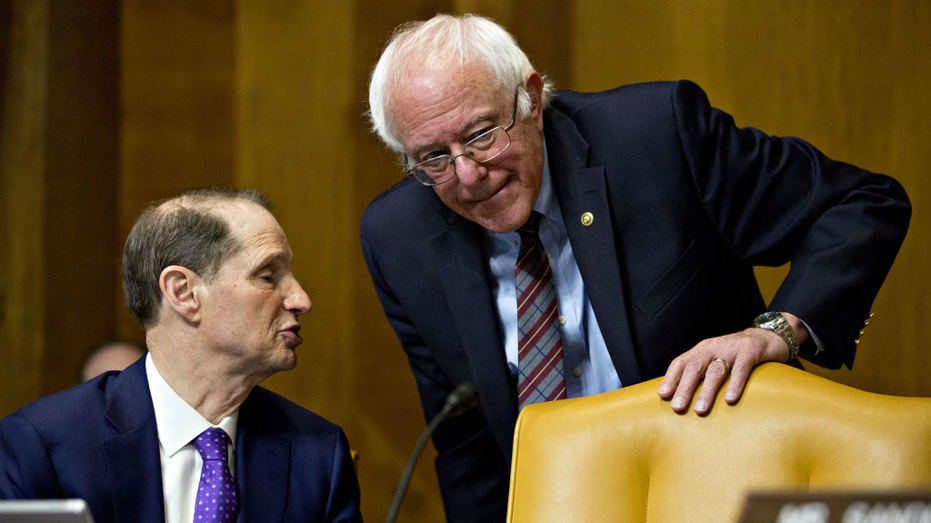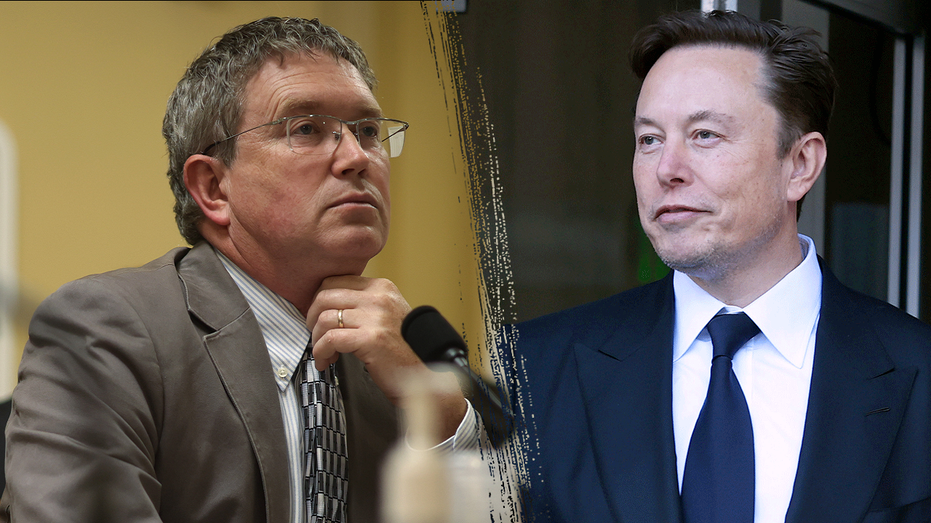Trump Administration Considers Allowing Iran to Continue Uranium Enrichment Indefinitely
Axios reports that the U.S. will permit Iran to maintain limited uranium enrichment under specific conditions as part of ongoing nuclear negotiations.

The United States is poised to allow Iran to continue limited low-level uranium enrichment on its soil for a currently unspecified period, according to information emerging from ongoing diplomatic discussions. Over the weekend, the Trump administration presented its first formal proposal aimed at forging a new nuclear deal with Tehran, though the precise details remain closely guarded. In a statement, Press Secretary Karoline Leavitt underscored the administration's firm stance: "President Trump has made it clear that Iran can never obtain a nuclear bomb." She further emphasized that Special Envoy Witkoff had extended a detailed and acceptable proposal to Iranian negotiators, describing it as being in Iran's own best interest to accept.
The negotiations mark the most significant engagement between Washington and Tehran on the nuclear issue in recent years. While U.S. officials declined to publicly outline the terms, a White House official described the provisions as "very tough", insisting that they would categorically prevent Iran from acquiring nuclear weapons. "The terms we gave Iran were very tough and would make it impossible for them to ever obtain a nuclear bomb," the official asserted, highlighting an uncompromising approach in the talks.
Initial responses from Iran suggested hesitation, with some reports indicating that Tehran was preparing to reject the U.S. offer. However, revelations that the deal would permit limited uranium enrichment—albeit tightly regulated—may prompt further internal debate among Iranian officials. The news has sparked concern among some Republican leaders in the United States, as well as Israeli Prime Minister Benjamin Netanyahu, both of whom have repeatedly called for a deal that mandates zero enrichment and full dismantlement of Iran’s nuclear infrastructure.
Further details indicate that the U.S. proposal would restrict Iran from constructing new enrichment facilities and require it to dismantle crucial infrastructure related to uranium conversion and processing. Additionally, Iran would be compelled to halt all new research and development involving advanced nuclear centrifuges. Yet, under the reported terms, Iran could participate in a regional enrichment consortium under strict conditions, potentially providing a framework for civilian nuclear development without the risk of weaponization.
As part of the proposed agreement, Iran’s uranium enrichment concentration would be capped at 3%—well below weapons-grade levels—and the country would be obliged to shutter all underground enrichment sites for a duration to be mutually agreed upon. These measures are designed to offer international assurances while granting Iran some degree of nuclear autonomy for energy purposes. Robust auditing and oversight mechanisms are also under discussion, aimed at ensuring Iran’s compliance with every aspect of the agreement.
While the proposal represents a significant diplomatic overture by the United States, the outcome remains uncertain. The delicate balance between allowing limited enrichment and preventing nuclear proliferation continues to fuel intense debate among international stakeholders, with regional security and non-proliferation at the center of concern.



